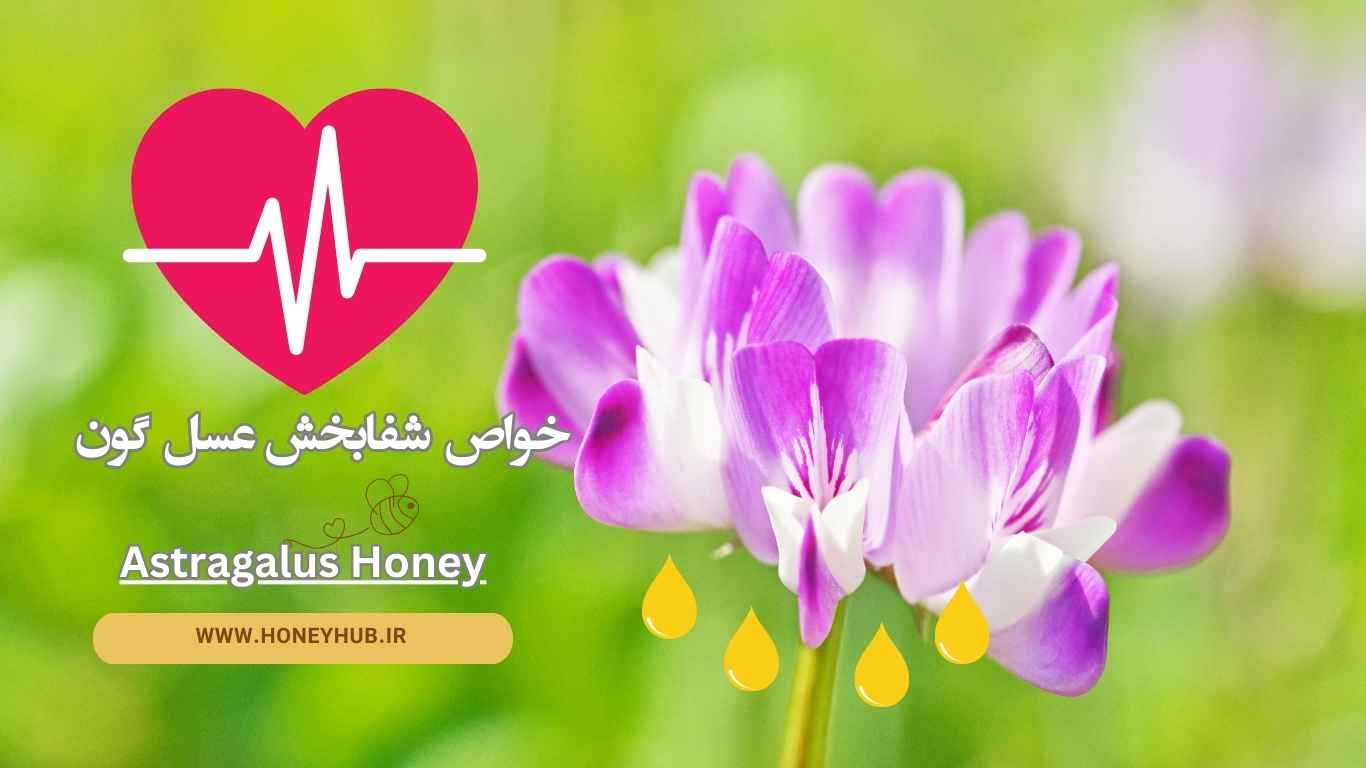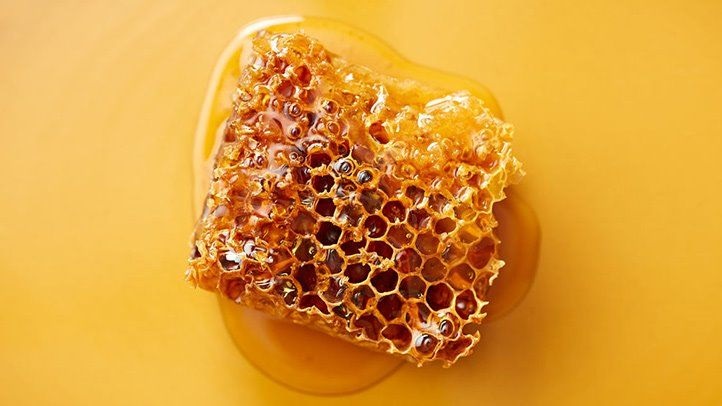پنیر موزارلای شما کش نمیآید یا میسوزد؟ راز آن در علم نهفته است. از فرآیند پاستا فیلاتا تا نقش «کهنگی» و قندها در...
جستجو در بلاگ
دستهبندی بلاگ
آخرین ارسالها

سالاد هویج فرانسوی (Carottes Râpées) یک پیش غذای سالم و خوشمزه است که در کمتر از ۱۵ دقیقه آماده میشود. این سالاد...

آیا میدانستید تغییر فصلها بر سلامت، خلقوخو و ژنهای شما تأثیر میگذارد؟ کشف کنید که چگونه با طبیعت هماهنگ شوید و...

اثر دانینگ-کروگر چیست و چگونه بر زندگی ما تأثیر میگذارد؟ در این پست جذاب، با چرخه معیوب جهل و اعتماد به نفس آشنا...

در این مقاله جامع، با عسل آفتابگردان، خواص درمانی و بیوشیمیایی آن، تاریخچه، و روش تشخیص عسل خالص آشنا شوید.
پستهای محبوب





پستهای ویژه









آخرین نظرات